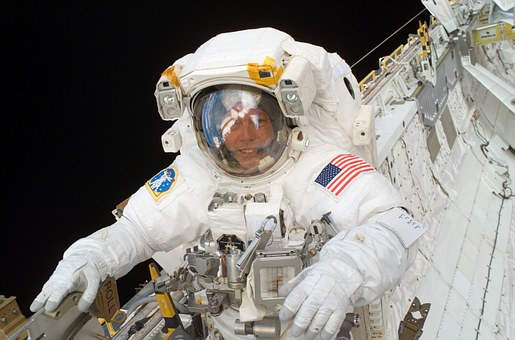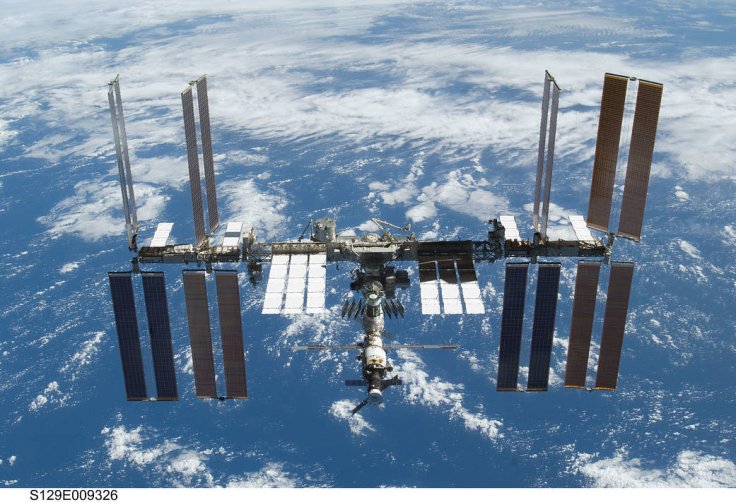A medical expert who previously worked for NASA discussed the protocols followed by astronauts when a virus or disease outbreak occurs in space. The expert noted that the protocols in space are slightly different due to the effect of microgravity on diseases.
With the ongoing threat of the COVID-19 virus, several experts have come forward to discuss the different scenarios involving disease outbreaks. One of these is an outbreak in space, which was discussed by NASA's former crew surgeon for the Space Shuttle Program, Jonathan Clark.
Outbreak Cases In Space

As explained by Clark, astronauts on space missions are more susceptible to getting sick in space than on Earth due to the level of stress their bodies are exposed to during spaceflights. Because of this, illnesses that are considered regular on Earth often have more serious implications in space.
One notable case was the Apollo 7 mission in 1968. According to Clark, one of the astronauts, Commander Wally Schirra, most likely had a mild cold when the mission began. However, once they were in space, the virus had spread to the other astronauts. Due to their conditions, they ran out of medications and tissues while in space.
Effect Of Microgravity On Viruses

As noted by Clark, the absence of gravity in space can make a virus more transmittable. Instead of settling on the ground or other surfaces, virus particles can stay up in the air. Because of this, the International Space Station (ISS) has been equipped with high-efficiency particulate air (HEPA) filters to ensure that the air quality of the various modules and compartments is clean.
"The absence of gravity precludes particles settling down, so they stay suspended in the air, and could be more easily transmitted," Clark told Space.com. "To prevent this, compartments are ventilated and the air HEPA filters would remove particles."
Quarantine And Medical Procedures In Space
Aside from maintaining the air quality, NASA also follows quarantine protocols for crews with an infectious disease. Clark noted that like on Earth, isolating an infected individual is the key to preventing the spread of viruses. In space, however, isolations can be a bit challenging due to the small spaces inside stations. In order to quarantine someone, astronauts use the infected individual's sleeping quarters. They also carry out other procedures to treat the sick crewmate.
"It's hard to implement quarantine in small spaces, but a crewmember with an [upper respiratory infection] would be isolated in their sleep quarter while symptomatic, and wear a mask for containment, have cultures done to identify the organism for appropriate treatment," Clark explained.








